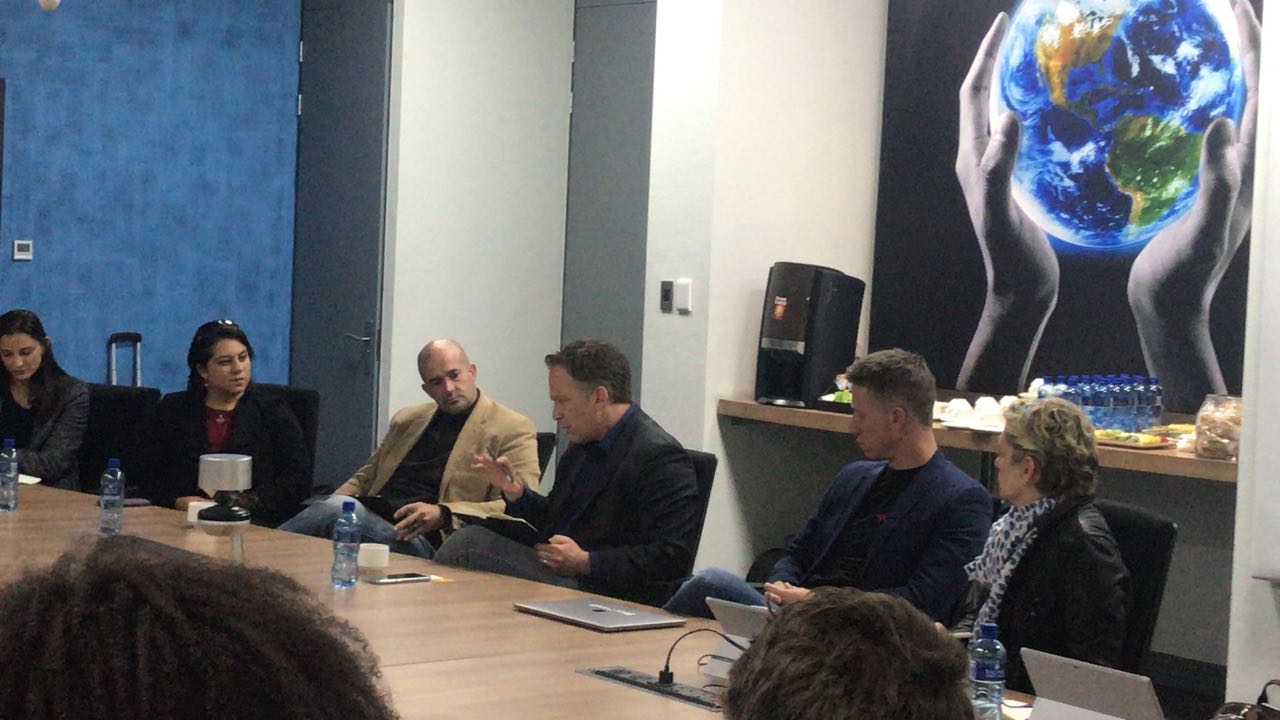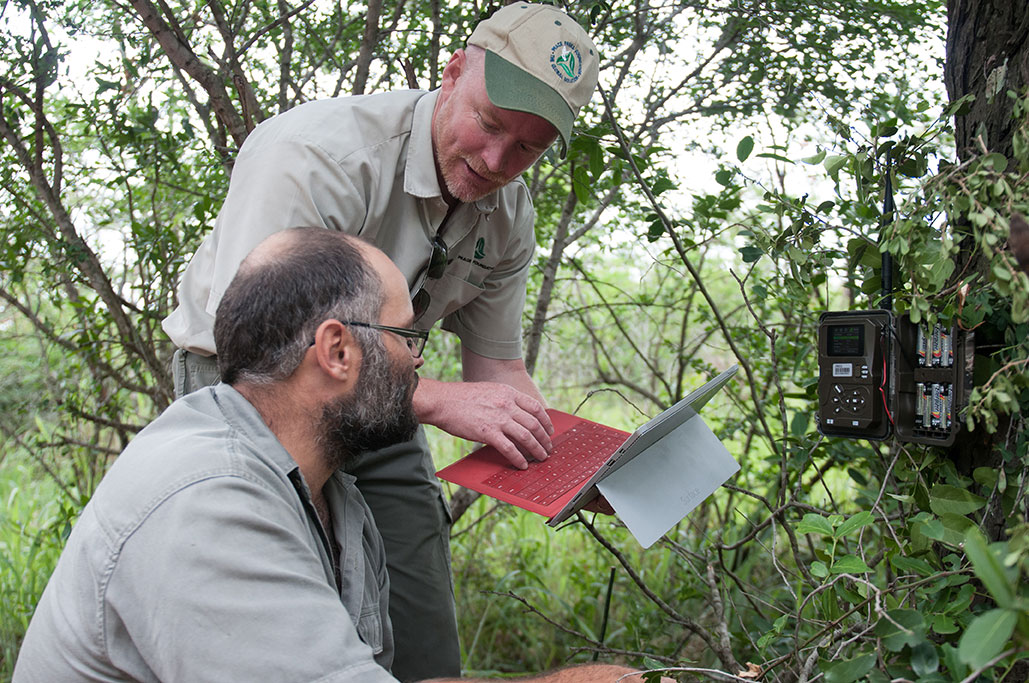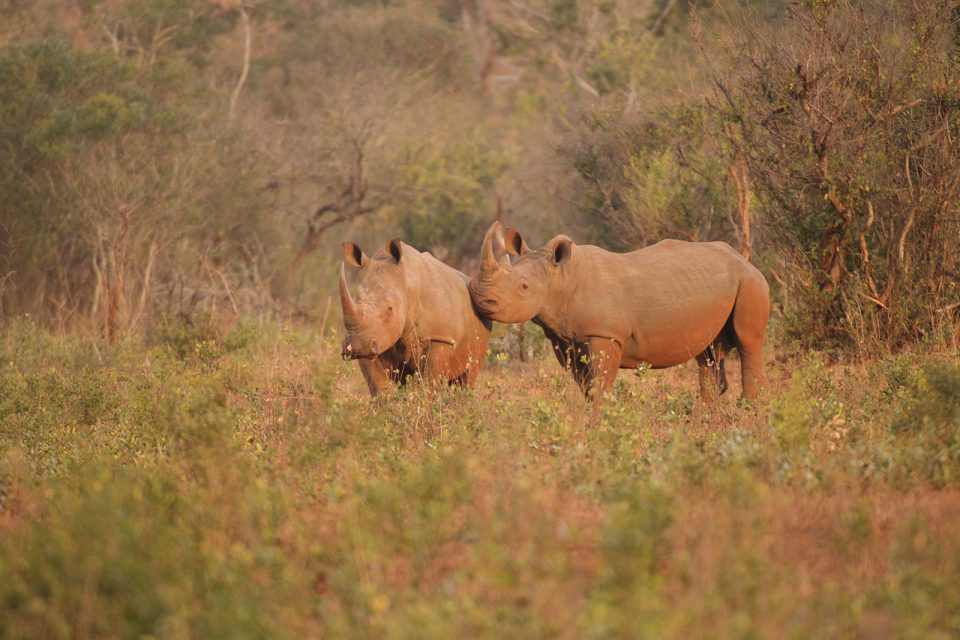The world we live in today is faced with some very real and systemic challenges that require strong policy, strong government, strong private sector action and a strong nonprofit sector.
Microsoft has been working with nonprofits for four decades, in an effort to help them be more impactful in working to overcome these challenges. The organisation has reached over 100 000 nonprofits globally through its donation and discount programmes. Its near-term goal is to increase this number to 300 000, with an immediate focus on offering direct support for the top 1000 global nonprofits through its Technology for Social Impact (TSI) initiative.
Speaking at a roundtable event in Johannesburg, South Africa, Justin Spelhaug, General Manager for TSI, explained, “Technology is a powerful tool to help solve the world’s most challenging issues. TSI is the first team inside Microsoft to exclusively and solely focus on the needs of nonprofits and international organisations, including the United Nations and the World Bank, to drive social change.”
Earlier this month, Microsoft announced $1 million dollars’ worth of cash and technology grants to three innovative South African nonprofits, to help further their work in driving greater social impact in the country. The organisations are: The Youth Empowerment Service (YES), The Peace Parks Foundation and The Sunflower Fund.

Saying YES to youth employment
In May, Statistics South Africa found that more than a third of young South Africans are not employed or enrolled in any form of educational programme or training.
Launched by South African President Cyril Ramaphosa earlier this year, the Youth Empowerment Service (YES) is a business-led partnership with government, labour and civil society that aims to offer paid quality work experiences to one million young South Africans over the next three years.
To help the nonprofit reach this goal, Microsoft has partnered with it and will equip 100 community hubs with Office and other applications to boost employee productivity and skills development of young people. In addition, the company will provide YES with training to empower employees who use Office for nonprofits and empower them to provide digital skills training in the community hubs.
“Digital skills are among the most in demand from employers,” says Tashmia Ismail-Saville, CEO of YES. “Partnerships like the one we now have with Microsoft help ensure our youth will be employable and will be ready for the demands of their future workplaces.”

Curbing rhino poaching with Peace Parks
Every year in South Africa, more than 1000 rhinos are killed for their horns. Traditional efforts to curb rhino poaching are limited by the vast territory rangers need to cover, as well as the misdirection of resources to attend to false breach alerts such as when an animal sets off a fence alarm. Peace Parks Foundation is focused on exploring the potential for technology to accelerate and augment traditional conservation work.
Last year, the nonprofit partnered with Microsoft to enable autonomous poacher detection as a first step in creating a “smart park” at Hluhluwe-iMfolozi in KwaZulu Natal, South Africa.
Building on this, Peace Parks will now receive grants from two programmes within Microsoft. TSI is providing a grant to support Peace Parks’ move to the cloud. Peace Parks applied and won three grants from AI for Earth, a programme to provide access, training and additional resources to cloud and artificial intelligence (AI) tools to organisations working on environmental challenges. These grants provide Azure credits to enable organisations to use Microsoft Azure and AI tools. In addition, the nonprofit earned a grant to further its Smart Parks system, where Microsoft’s AI capabilities have been deployed to analyse images from a network of connected camera traps to enable autonomous poacher detection.
Peace Parks has also received two additional grants. The first one will support new work on conservation-minded agriculture, to deliver best practices via an app for farmers that has the potential to improve yields with minimal habitat impact. The final grant has been secured for the Tracker Academy affiliated to the SA College of Tourism, in a project that aims to pair AI with indigenous knowledge of animal tracking and behaviour to train the next generation of trackers.
“Using Microsoft technologies allows us to more effectively contribute towards data, information and knowledge exchange, allowing for collaboration between various players in large ecosystem transfrontier conservation,” says Craig Beech, New Technology Manager at Peace Parks Foundation. “This means we can more effectively manage our landscapes and make better decisions for more effective conservation.”
Finding a match with the Sunflower Fund
The Sunflower Fund plays a critical role in recruiting blood stem cell donors and matching them to patients with Leukaemia and other life-threatening blood diseases. Its vision is that no-one should die because there is no match.
As the nonprofit grew and began branching into Africa, using Microsoft Office 365 meant it could use fewer resources on IT solutions. The software allows the Sunflower Fund to work seamlessly across various devices, with tools for better collaboration, productivity and mobility.
Working in the cloud also means the nonprofit has moved to paperless donor recruitment, which eliminates human error and means patients has quicker access to suitable stem cell treatment.
Having recently received a grant from Microsoft, the Sunflower Fund has launched a registry focused on recruiting donors of African descent. The organisation is also working on an app that uses AI to improve targeted donor recruitment, increase awareness of the importance of tissue sampling and allow the public to make monetary donations.
“When you start engaging with technology, it gives you a new perspective on the way you think about finding solutions,” says Alana James, CEO of the Sunflower Fund. “Digital transformation allows organisations like ours to increase donations, improve volunteer engagement, deliver better outcomes and improve how we operate. Ultimately, it empowers us to save more lives.”
A meaningful, sustainable impact
Spelhaug adds, “From equipping the youth to be able to participate in the economy, to finding ways to better address environmental issues, to making healthcare more accessible, these are just a few of the areas in which technology has a role to play.”
As Microsoft’s TSI initiative grows, it will be focused on ramping up the amount of support it can provide directly to nonprofits, as well as working with partners who can provide support to the wider network of four million nonprofits worldwide.
“Our goal is to help these organisations and others like them to adopt Microsoft technology, but more importantly have an impact that’s meaningful and sustainable,” says Spelhaug. “Digital technology powered by Azure has already helped nonprofits be more productive, and with advances in areas like AI, they are on the cusp of making breakthroughs to solve some of the biggest challenges we face as a society.”





